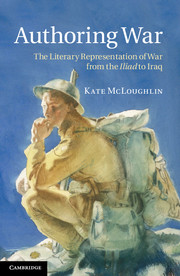2 - Details
Published online by Cambridge University Press: 01 June 2011
Summary
Fifty million people died as a result of the Second World War. Fourteen million died as a result of the First, including, on the first day of the Battle of the Somme, some twenty thousand British soldiers – the greatest loss ever suffered in a single day by the British Army and equivalent to all British losses in the Boer War. In the Thirty Years' War, eight million people died; in the French Revolutionary and Napoleonic Wars, five million; in the Mongol invasions of the thirteenth century, thirty-five million. One and a half million people died at the Battle of Stalingrad; six thousand, six hundred and fifty-five at the Battle of Gettysburg; eleven thousand at the Battle of Flodden.
Death on this scale is ungraspable. But there is more to take in. The Second World War spread over five continents and lasted six years. The Hundred Years' War lasted one hundred and sixteen years, the Peloponnesian War twenty-seven. The Napoleonic Wars stretched from Russia and the Ottoman Empire, through Europe, to Latin America and the Indian Ocean. War is colossal and chronic in its effects: it reconfigures nations, displaces peoples, disrupts families, razes cities, devastates landscapes. Huge quantities are its hallmark; indeed, the military defines and presents itself in the copiousness of its human legions and material resources, as depicted in T. S. Eliot's ‘Triumphal March’ (1931) from his unfinished ‘Coriolan’ sequence:
Stone, bronze, stone, steel, stone, oakleaves, horses' heels
Over the paving
And the flags. And the trumpets. And so many eagles. […]
- Type
- Chapter
- Information
- Authoring WarThe Literary Representation of War from the Iliad to Iraq, pp. 51 - 82Publisher: Cambridge University PressPrint publication year: 2011



